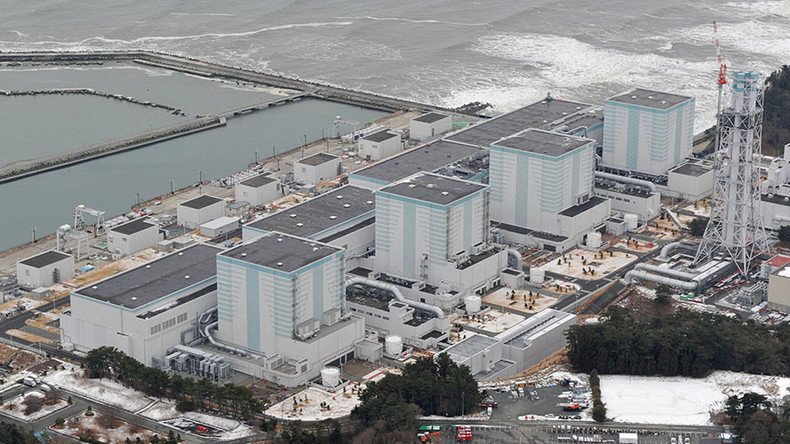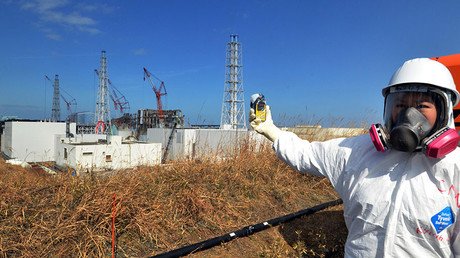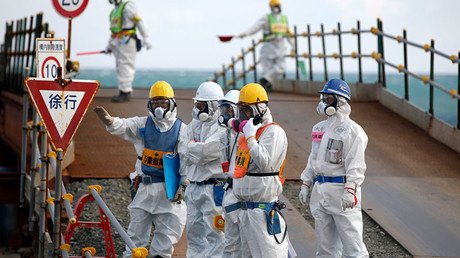Japanese govt pushing Fukushima evacuees back to high radiation areas - Greenpeace

The Japanese government is encouraging evacuees from Fukushima to return to the nuclear disaster site despite dangerous levels of radiation, according to a report released by Greenpeace.
The Fukushima prefecture is planning to cut housing support for evacuees starting 31 March, when the evacuation order for the 6,000 residents of the village of Iitate is due to be lifted. This is despite radiation levels comparable to Chernobyl’s exclusion zone, a report from Greenpeace Japan has found.
“The relatively high radiation values, both inside and outside houses, show an unacceptable radiation risk for citizens if they were to return to Iitate. For citizens returning to their irradiated homes they are at risk of receiving radiation equivalent to one chest X-ray every week. This is not normal or acceptable,” energy campaigner Ai Kashiwagi said in a press release published by Greenpeace on Tuesday.
Greenpeace Japan’s survey found levels of radiation well above government targets. Their team took measurements of houses around the area, which was used to calculate an average annual exposure rate. Soil samples were also taken as well as retrieving personal dose badges that were installed in two houses in February 2016.
The average radiation exposure in Iitate was found to be between 39 millisieverts (mSv) and 183mSv over the course of 70 years (excluding natural radiation), which exceeds yearly guidelines set by the International Commission on Radiological Protection (ICRP). The ICRP says a maximum recommended annual radiation exposure is 1mSv.
According to Greenpeace, the Japanese government has not completed risk assessments for lifetime exposure to the radiation.
“The government is not basing its policies on science or in the interest of protecting public health. It has failed to provide estimates of lifetime exposure rates for Iitate’s citizens, nor considered how re-contamination from forests will pose a threat for decades to come,” said Jan Vande Putte, Greenpeace Belgium’s radiation specialist.
“The Abe government is attempting to create a false reality that six years after the start of the Fukushima Daiichi accident life is returning to normal. In the real world of today, and for decades to come, there is and will be nothing normal about the emergency radiological situation in Iitate,” he added.
In its statement, Greenpeace has urged the government to keep offering financial assistance to survivors so they won’t be forced to return, and take measures to reduce radiation exposure. Currently, the government says it will keep paying survivor’s rents until March 31, after which aid will be much more limited.
The 2011 accident at the Fukushima nuclear power plant was the worst of its kind since the infamous 1986 catastrophe in Chernobyl, Ukraine. After the Tohoku earthquake in eastern Japan and the subsequent tsunami, the cooling system of one of the reactors stopped working, causing a meltdown. Nearly half a million people were evacuated and a 20-kilometer exclusion zone was set up.














